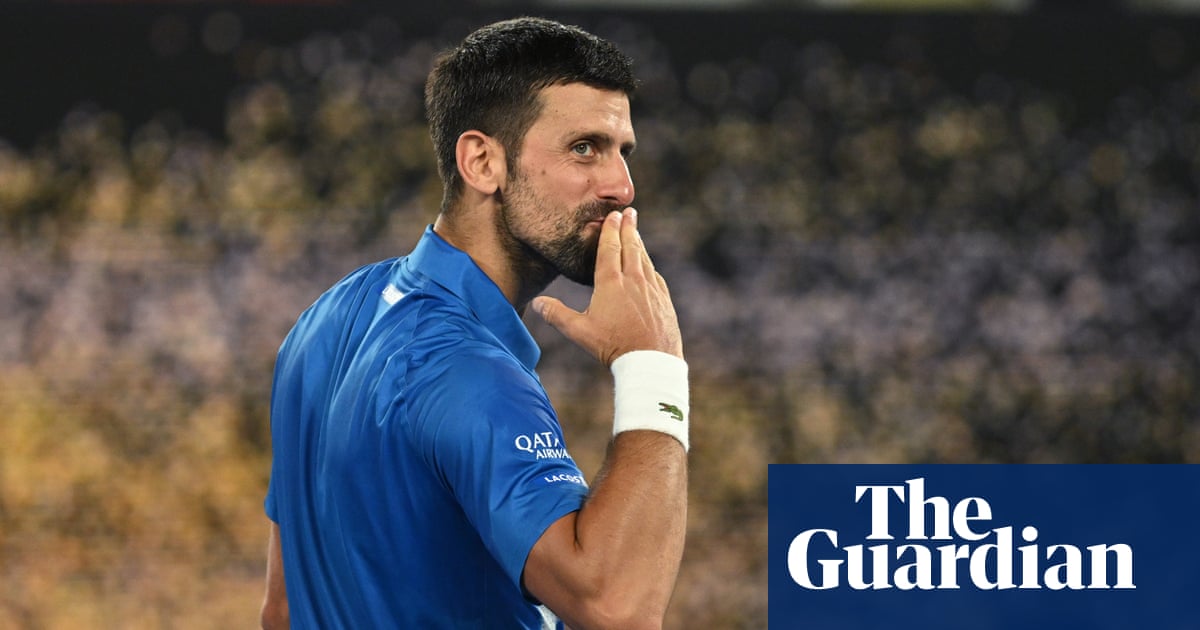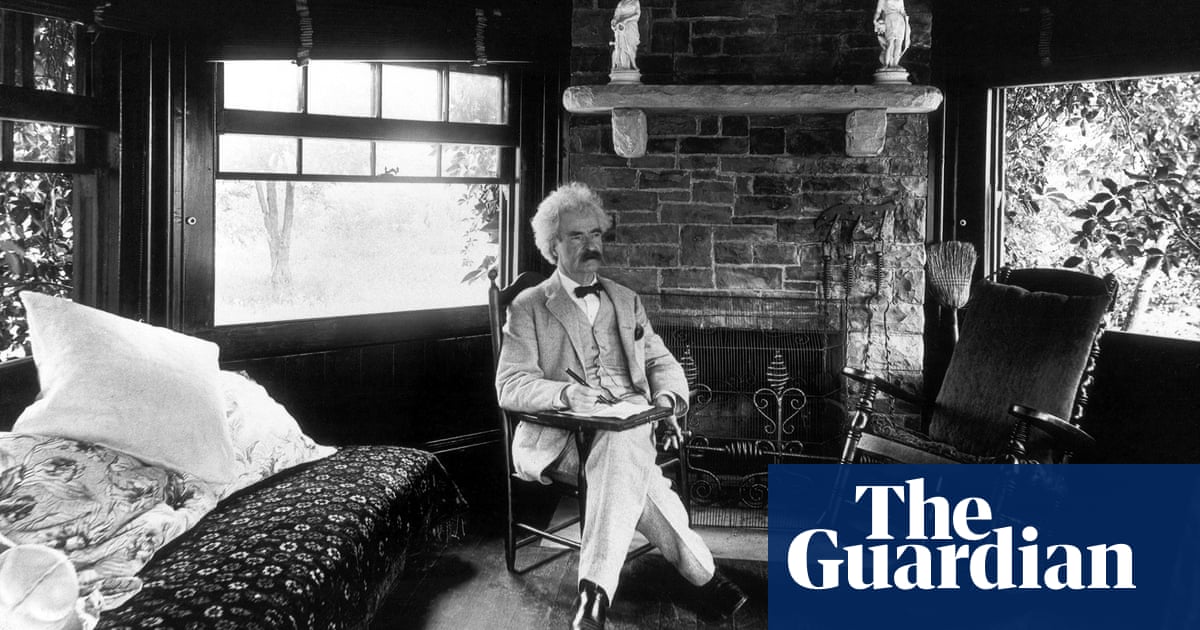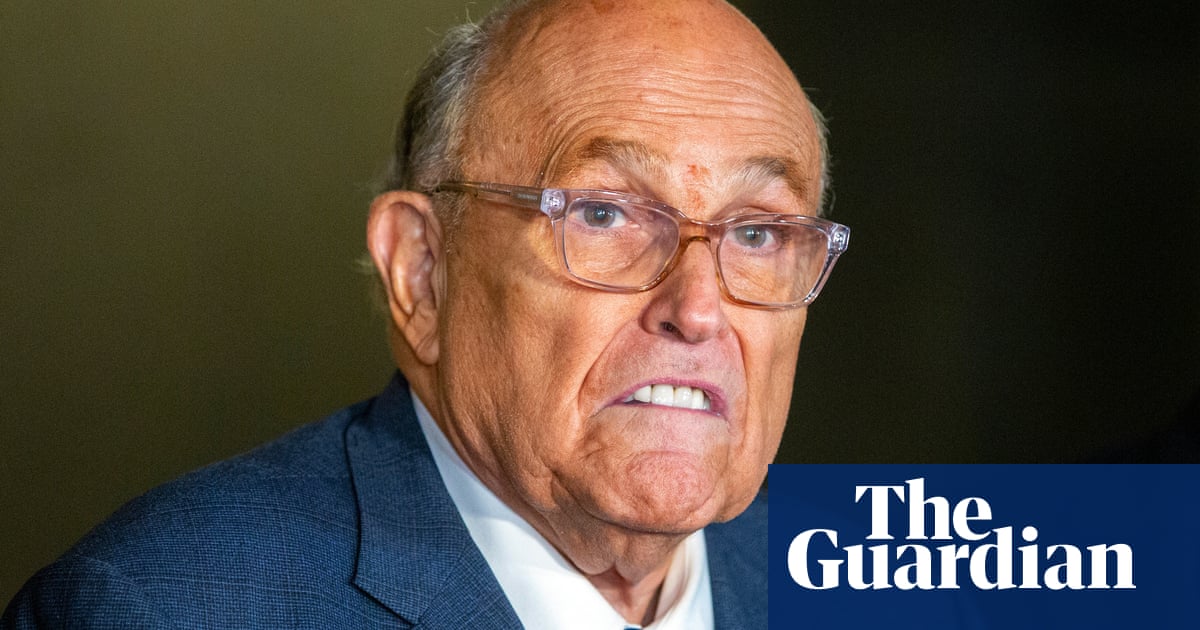Let me tell you the moment I realised Boris Johnson was fucked. It was late 2021 and there had been some talk about parties in Downing Street during Covid, but in these febrile siloed times, when the entirety of human existence has blurred into a single personalised scrolling feed, who even knows what constitutes “the news” any more? Who knows what fragments of reality ever emerge from Westminster’s furiously spinning vortex of unintelligible jargon: prorogue, backstop, Aukus, Slapps? What is a Morgan McSweeney and what time does it start?
But then came the magical night, a few days before Christmas, when the darts crowd turned. As Florian Hempel swept to a routine first-round win against Martin Schindler (bit of an upset, to be honest, but you never write off Flo at the Palace), Alexandra Palace rocked to strains of “Boris is a cunt”. Fans held up signs reading “Work Event”, drew pictures of cheese and wine and gleefully held them up to the cameras. And you realise, with a piercing we’ve-lost-Cronkite clarity: oh wow, he’s fucked.
The wider lesson here, of course, is that you never mess with the darts crowd: a lesson all dart players inevitably learn one way or another. You cannot harness the crowd. You cannot beat the crowd. At best you may be able to manage the crowd. The crowd is wild and untameable, gives and takes its affection with a deliciously wanton promiscuity, and most importantly pays your wages.
And yet in recent months something definitely seems to have shifted in these loud windowless arenas: a new numinous madness brewing among the traffic cones and the pools of spilt Amstel. No sport has leaned more enthusiastically than darts into the concept of the spectator as spectacle: the costumes, the signs, the £60,000 cash prize for a nine-darter. No sport has so drastically reconfigured itself around the whims and values of its paying public. During the last world championship a third-round game between Nathan Aspinall and Andrew Gilding was actually stopped so the players could watch a fan downing an entire four-pint pitcher on the big screen.

These days darts is less a classic working class sport than a middle class cosplay of a working class sport: a mass fete of boys, bags and booze. At Ally Pally or the Premier League you are far less likely to see a bricklayer than a banker or a bunch of estate agents on a work Christmas do. This is the modern music hall, a brilliantly curated populist product that also serves as one of this country’s great contemporary cultural exports. James Bond; Adele; Paddington Bear; Stephen Bunting walking on stage to “Titanium” while 10,000 people sing along in a kind of religious ecstasy.
And yet like any form of populism, there are moments of excess and overindulgence. Phil Taylor occasionally used to get some rough treatment, then Gerwyn Price after him. These days, however, flashpoints between players and the public have become a near-weekly occurrence at the Premier League and Euro Tour. Whistling and booing has become commonplace, endemic, largely unpoliceable. A few months ago Cameron Menzies of Scotland was jeered and barracked to the point where he basically had a panic attack on the Alexandra Palace stage.
Petty nationalism is clearly a factor here: English crowds save their worst for the Scots and Europeans, while German crowds are at their most hostile when an English player comes up against one of their own. After being mercilessly hounded in Munich, Luke Littler went on Instagram and announced – with a very Churchillian pomp – that he was boycotting Germany for the foreseeable future, before later rowing back.
But then perhaps this is the logical result of a sport that has increasingly sold itself as a place where social norms can happily be transgressed. The Professional Darts Corporation markets itself in Europe as “the biggest party in sport”. Like Cheltenham or Aintree, the Test match or the summer football tournament, darts has been reimagined not as a routine or a ritual but as a cultural experience. Not as a part of regular life, but as a wild and hedonistic escape from it.

And in this respect darts is simply further along on a journey that most other sports are taking to varying degrees. Take selfies. Use the hashtag. Make some noise. Here comes the kiss cam! Everyone shine your phone torches. Make some more noise! But if the fan is no longer simply a passive spectator, then nor will it ever truly be possible to police the whole gamut of ways in which they might be active.
Take tennis, where the four Grand Slam crowds appear to be locked in a kind of inflationary dickhead spiral: mercilessly persecuting its designated heels, appointing itself moral arbiter on everything from line calls to humour to how long a female player can spend in the bathroom before getting booed. Meanwhile players are commercially incentivised to be visible and distinctive, to build brand, to cultivate those sweet parasocial relationships that probably will not end in a literal stalker turning up at your matches.
Or take women’s football, which sold itself on its openness and now finds itself in thrall to an increasingly sinister stan culture in which a significant minority feels entitled to unlimited player time, player photos, player signatures and player feedback. The Phoenix Open at TPC Scottsdale has become the most attended event in golf by essentially becoming outdoor darts: a fiesta of heckles, hot tempers and hurled beer cups. Snooker is currently having a bit of a “darts” moment.
What happens when norms break down? When individualism gradually erodes the ties that bind us? What happens when thousands of people collectively cross the line? Nothing, of course. The line simply moves. The crowd, emboldened and empowered, sizes up its next meal. At the temple of mass consumerism, the customer is always right. And in this respect darts is something of a canary in the mineshaft: a salutary and perhaps cautionary tale of what can happen when a sport indulges its audience to the point where it can essentially behave how it pleases.
An increasingly common sight at the darts of late has been players standing at the front of the stage, both arms raised towards the crowd, gently trying to shush them down. It rarely works. Actually, it never works. Often it has the opposite effect: the boos and jeers reach a screeching crescendo, the sound of mass refusal. This is the darts, and we do what we want. And seen from a certain angle, the shushing-down looks like something else entirely: a kind of supplicatory worship, the humble practitioners of darts saluting their new overlords.
-
Do you have an opinion on the issues raised in this article? If you would like to submit a response of up to 300 words by email to be considered for publication in our letters section, please click here.

 2 hours ago
2
2 hours ago
2













































